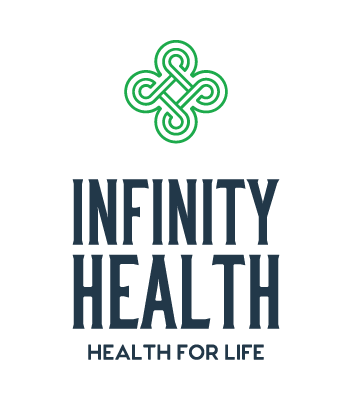Spoiler alert, core strength isn’t just about showing off a six-pack. In fact, your core is your body’s entire support system. Sure, your core muscles support functions as simple as getting out of bed, but in actuality, the strength of your core is literally what keeps you standing upright.
If you’re not familiar with anatomy, your abdominals are a series of muscles not just one. The most dominant of the set being the transverse abdominals. The transverse abdominals stabilize the spine and pelvis. On either side are a set of oblique muscles, controlling side movements. The final abdominal muscle is the rectus abdominis, which is the muscle responsible for the infamous six-pack.
When talking about the entire core, you add the pelvic floor muscles and back muscles that stabilize the spine and diaphragm to this trio.
So why are these abdominal muscles so important?
Your abs keep you stable in every plane of movement; forward and back and from side to side. They act intuitively, often engaging before any movement has taken place. If you don’t have a strong core, your body will look for stability from other muscles in the body, greatly increasing your risk for injury, especially lower back injuries.
Research actually shows that building core strength has a direct correlation with decreasing back pain.
One thing to note as you start to include more core strengthening exercises into your routine: repeated flexion and rotation of the spine will actually put you at a higher risk of injury. Instead, focus on stabilization or anti-rotation moves to keep your back from going into extension.
If you’re looking for an easy beginner core routine, you can find our favourite here. If you have any questions or concerns about your core strength or strengthening plan, please reach out!

